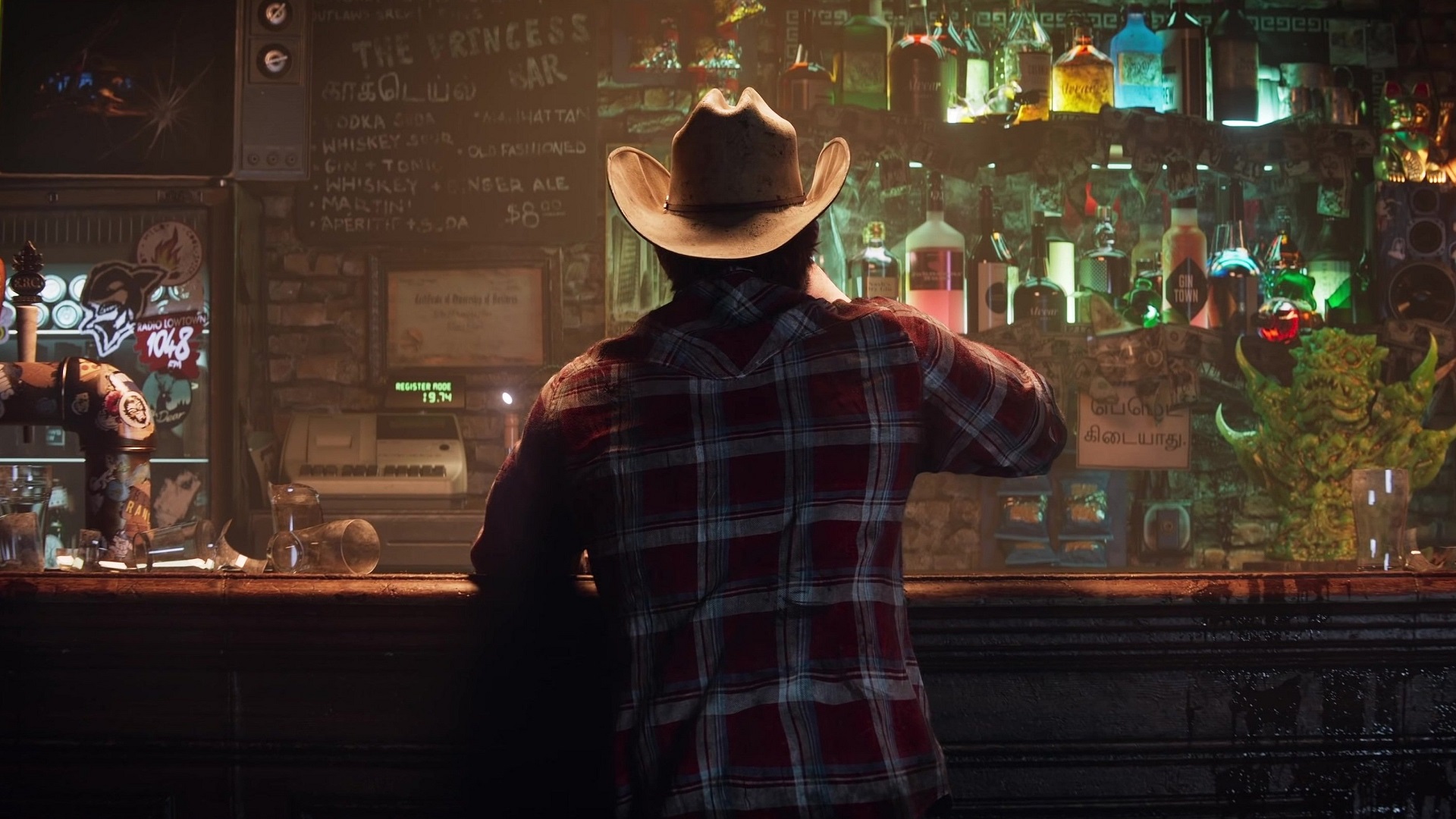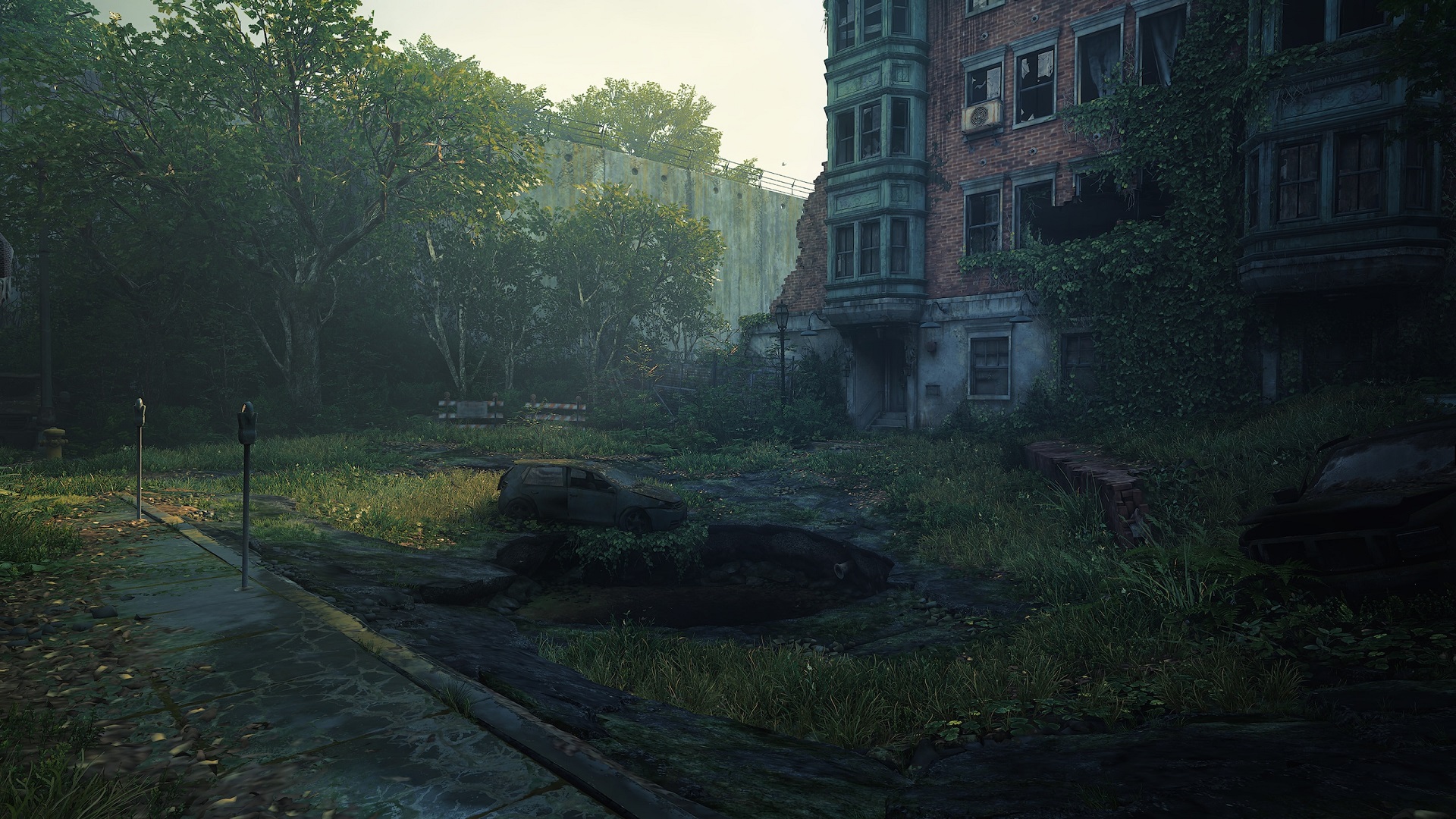It isn't unusual for developers to turn what were initially just side projects into full-fledged games after realizing that it has more potential. Assassin's Creed Mirage, for example, started off as an expansion or DLC for the previous entry, the much-maligned, Assassins' Creed: Valhalla. Now, it's the poster child for Ubisoft's ongoing rehabilitation of its best-selling franchise. But, in some cases, publishers can force studios to take what should've been just a DLC or expansion or even an add-on to the main game and turn it into a full-fledged title and they don't often go so well.
While it's not yet confirmed that this is what's happening with The Last of Us' multiplayer spin-off, the writing is on the proverbial wall. After Naughty Dog confirmed the "delay" earlier in May following reports that Bungie raised concerns about the game, specifically its long-term viability as a live-service title, news just dropped that the game has been put "on ice."
According to Kotaku, Naughty Dog will lay off at least 25 contractors, mostly in Quality Assurance, by month's end. It's believed now that Naughty Dog is pressuring everyone to "keep the news quiet", at least until it's official.


